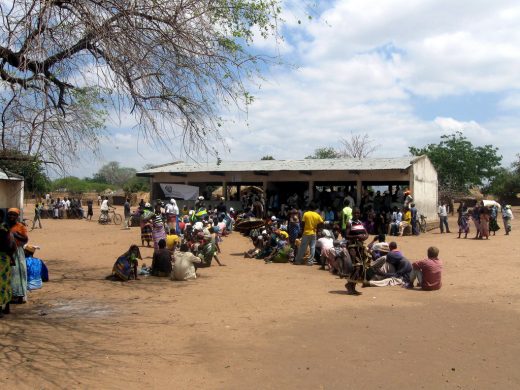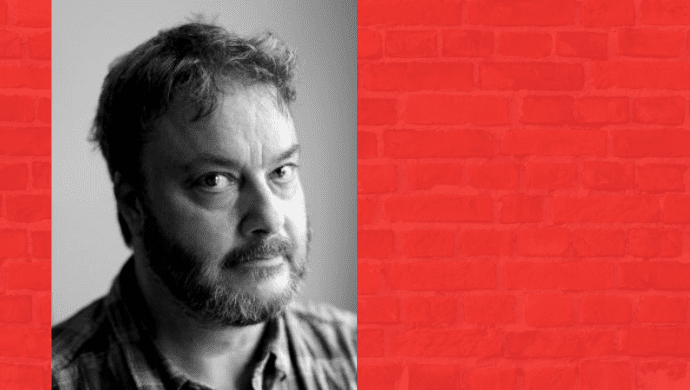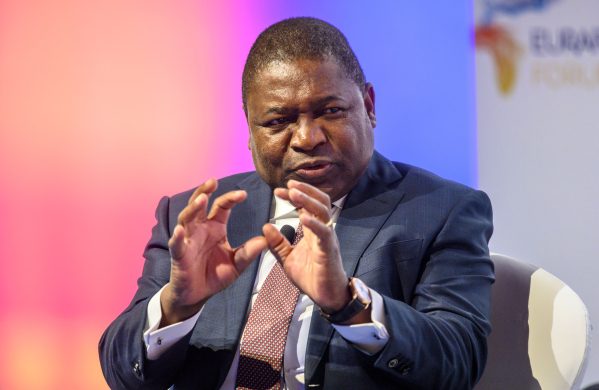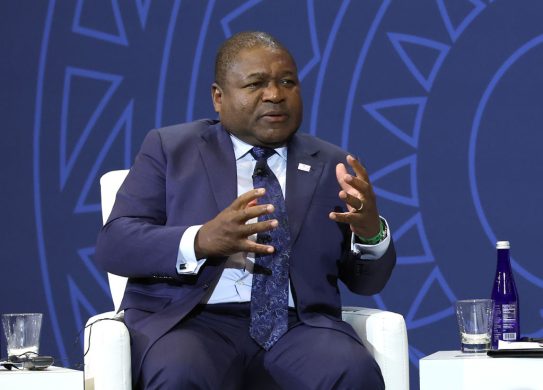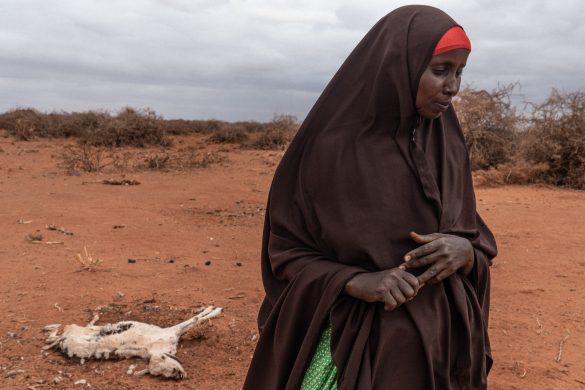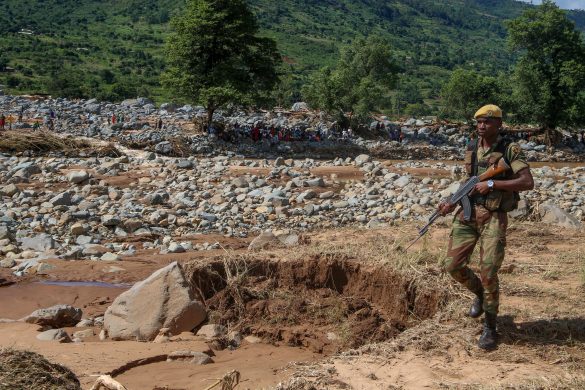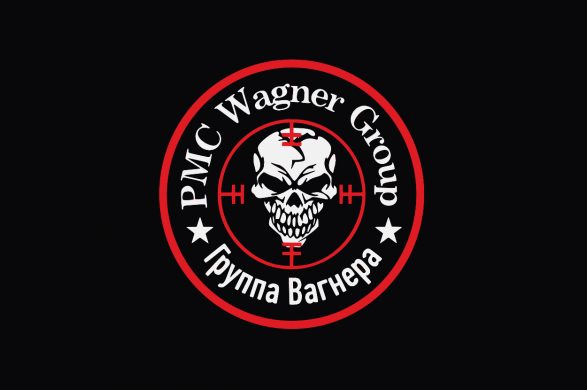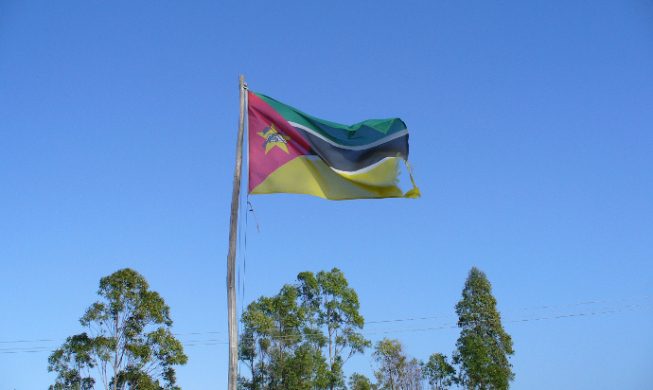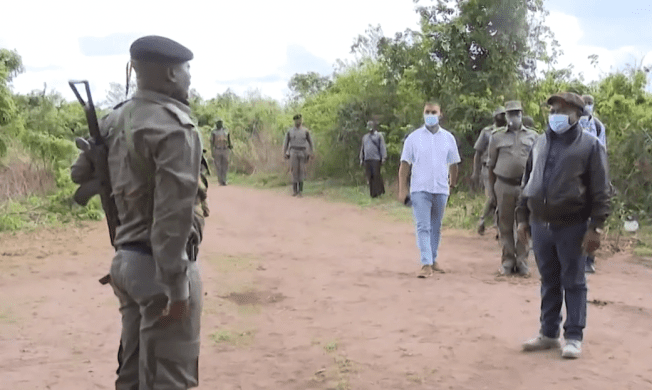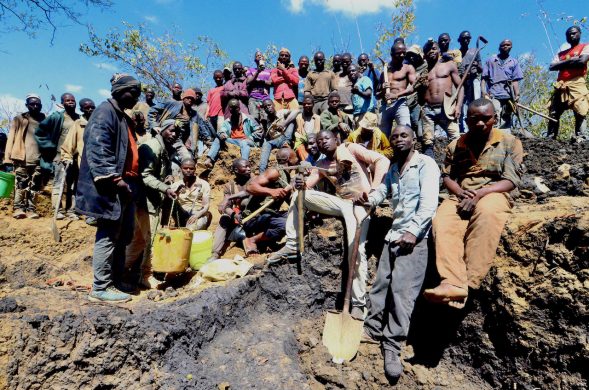In 1990, after 16 years of civil war between the governing Frente de Libertação de Moçambique (FRELIMO) and the Resistência Nacional Moçambicana (RENAMO), the government of former President Joaquim Alberto Chissano established a democratic constitution in an effort to end the conflict (Pitcher, 2006).
The constitution foresees multiparty elections and the separation of legislative, executive, and judiciary powers.
Economic and political reforms to support a transition to democracy won praise from independent observers.
Less free and fair
Survey responses paint a troubling picture, suggesting an alarming decline in popular confidence in elections and democracy.
Fewer than half of respondents see democracy as preferable to any other form of government, and acceptance of authoritarian alternatives is on the rise.

